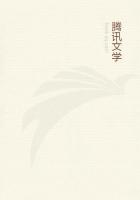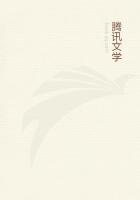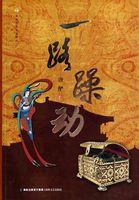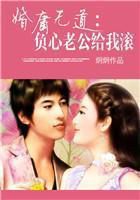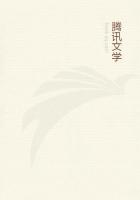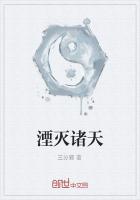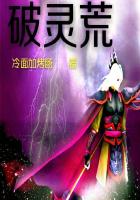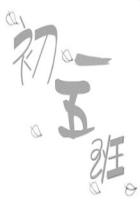'He hath not root in himself.'--Our Lord.
With one stroke of His pencil our Lord gives us this Flaxman-like outline of one of his well-known hearers. And then John Bunyan takes up that so expressive profile, and puts flesh and blood into it, till it becomes the well-known Pliable of The Pilgrim's Progress. We call the text a parable, but our Lord's parables are all portraits--portraits and groups of portraits, rather than ordinary parables. Our Lord knew this man quite well who had no root in himself. Our Lord had crowds of such men always running after Him, and He threw off this rapid portrait from hundreds of men and women who caused discredit to fall on His name and His work, and burdened His heart continually. And John Bunyan, with all his genius, could never have given us such speaking likenesses as that of Pliable and Temporary and Talkative, unless he had had scores of them in his own congregation.
Our Lord's short preliminary description of Pliable goes, like all His descriptions, to the very bottom of the whole matter. Our Lord in this passage is like one of those masterly artists who begin their portrait-painting with the study of anatomy. All the great artists in this walk build up their best portraits from the inside of their subjects. He hath not root in himself, says our Lord, and we need no more than that to be told us to foresee how all his outside religion will end. 'Without self-knowledge,' says one of the greatest students of the human heart that ever lived, 'you have no real root in yourselves. Real self-knowledge is the root of all real religious knowledge. It is a deceit and a mischief to think that the Christian doctrines can either be understood or aright accepted by any outward means. It is just in proportion as we search our own hearts and understand our own nature that we shall ever feel what a blessing the removal of sin will be; redemption, pardon, sanctification, are all otherwise mere words without meaning or power to us. God speaks to us first in our own hearts.'
Happily for us our Lord has annotated His own text and has told us that an honest heart is the alone root of all true religion.
Honest, that is, with itself, and with God and man about itself.
As David says in his so honest psalm, 'Behold, Thou desirest truth in the inward parts, and in the hidden part Thou shalt make me to know wisdom.' And, indeed, all the preachers and writers in Scripture, and all Scriptural preachers and writers outside of Scripture, are at one in this: that all true wisdom begins at home, and that it all begins at the heart. And they all teach us that he is the wisest of men who has the worst opinion of his own heart, as he is the foolishest of men who does not know his own heart to be the worst heart that ever any man was cursed with in this world. 'Here is wisdom': not to know the number of the beast, but to know his mark, and to read it written so indelibly in our own heart.
And where this first and best of all wisdom is not, there, in our Lord's words, there is no deepness of earth, no root, and no fruit.
And any religion that most men have is of this outside, shallow, rootless description. This was all the religion that poor Pliable ever had. This poor creature had a certain slight root of something that looked like religion for a short season, but even that slight root was all outside of himself. His root, what he had of a root, was all in Christian's companionship and impassioned appeals, and then in those impressive passages of Scripture that Christian read to him. At your first attention to these things you would think that no possible root could be better planted than in the Bible and in earnest preaching. But even the Bible, and, much more, the best preaching, is all really outside of a man till true religion once gets its piercing roots down into himself. We have perhaps all heard of men, and men of no small eminence, who were brought up to believe the teaching of the Bible and the pulpit, but who, when some of their inherited and external ideas about some things connected with the Bible began to be shaken, straightway felt as if all the grounds of their faith were shaken, and all the roots of their faith pulled up. But where that happened, all that was because such men's religion was all rooted outside of themselves; in the best things outside of themselves, indeed, but because, in our Lord's words, their religion was rooted in something outside of themselves and not inside, they were by and by offended, and threw off their faith. There is another well-known class of men all whose religion is rooted in their church, and in their church not as a member of the body of Christ, but as a social institution set up in this world. They believe in their church.



